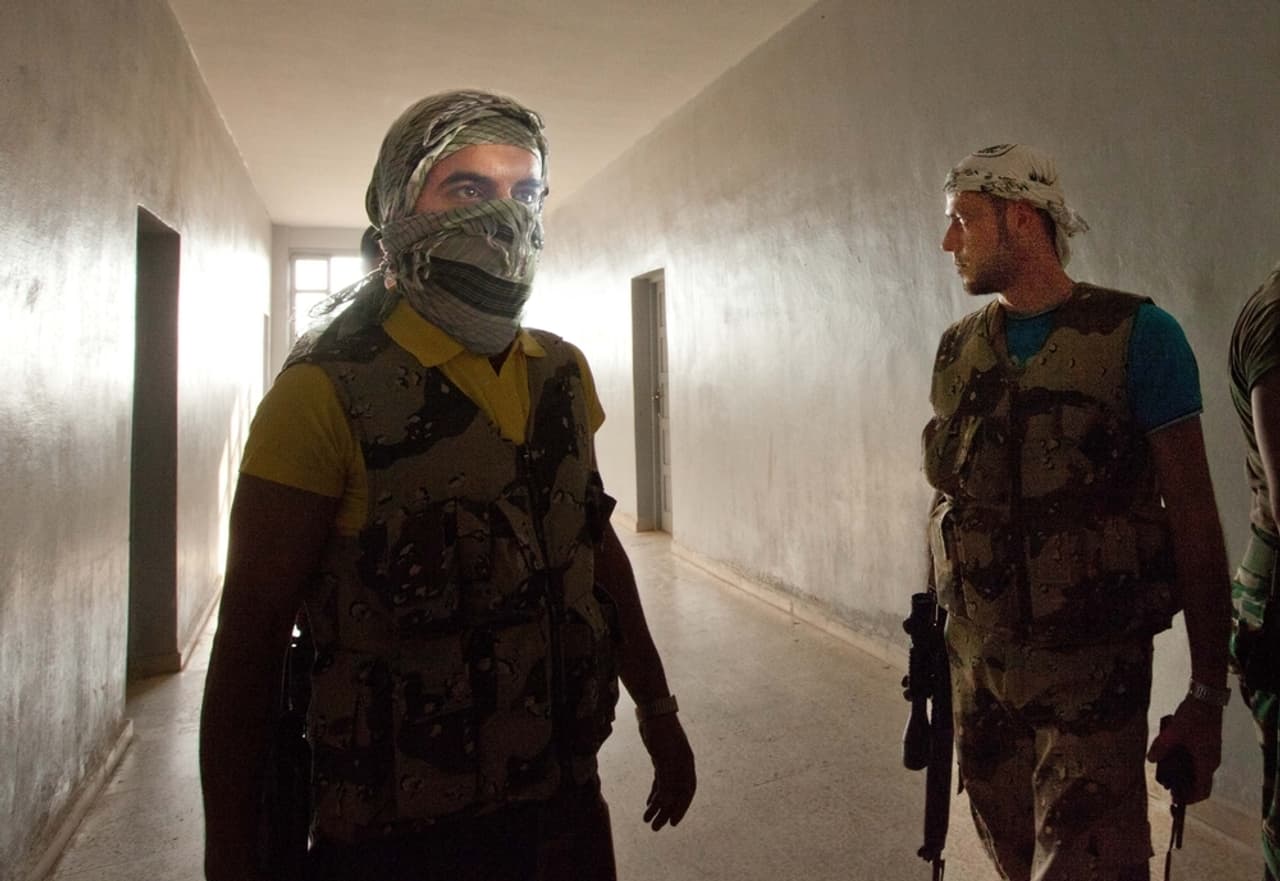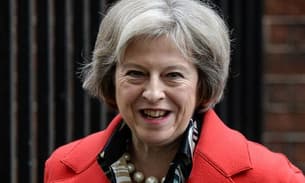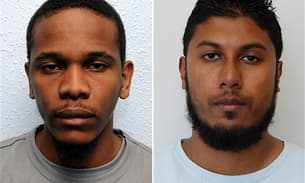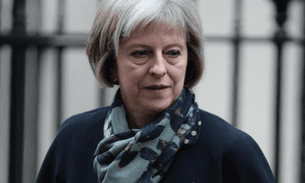
Britons returning from Syria prompt call for oversight on passport-stripping powers
Unidentified fighters with the Free Syrian Army, June 2012 (Photo: Shutterstock)
Dozens of British fighters have returned to the UK after participating in the war in Syria, a leading counter-terrorism expert said this week.
Shiraz Maher, senior fellow at the International Centre for the Study of Radicalisation at King’s College London, said between 30 and 50 Britons had already returned home after fighting forces loyal to Syrian President Bashar al-Assad.
‘The overwhelming majority of people and certainly the Brits that we speak to who are out there on the ground express no desire to return to this country,’ Maher told BBC Radio 4’s Today programme.
‘There has been a small number – we estimate somewhere between 30-50 people – who have returned to the UK.’
The Bureau reported in December 2013 that the Home Secretary, Theresa May, had stripped 20 individuals of their British citizenship between January and November last year. May told the Home Affairs select committee at the time there were ‘a number of options that can be taken in certain circumstances in relation to the deprivation of citizenship’ for Britons who fought in Syria.
It is unclear how many of the citizenship orders relate to Syria but one former senior Foreign Office source told the Bureau it was an ‘open secret’ the government had revoked British nationality from individuals in relation to the war there.
Related story: Rise in citizenship-stripping as government cracks down on UK fighters in Syria
The UK government appears to be using other immigration powers to deal with the threats it believes those travelling back and forth to Syria pose and has already stripped at least one British citizen of his passport for visiting Syria. Moazzam Begg, a former Guantanamo Bay detainee, said police at Heathrow Airport confiscated his passport in December 2013. Begg was informed it was ‘not in the public interest’ for him to remain free to travel, he told the Mail on Sunday.
Currently, the Home Office can invoke Royal Prerogative powers to confiscate the passport of any British national it considers ‘undesirable’. These powers are in practice reserved for cases where British nationals are suspected of involvement in extremist activity. The act of removing an individual’s passport became easier in May 2013 when May lowered the threshold of consideration from ‘demonstrably undesirable.’
The Home Secretary announced in November 2013 that she was exploring ways of stripping British terror suspects of their nationality even if it rendered them stateless, something which is currently illegal under the British National Act.
Maher called for greater judicial oversight in cases of removing an individual’s’ passport in light of the estimated hundreds of young Britons joining the war in Syria.
‘There is a sense at the moment of there being a rather crude set of tools available to stop people travelling to go abroad…for Jihadist activity,’ he told the Home Affairs select committee on Tuesday.
Speaking to Today, Maher added: ‘I think we would favour a legislative approach to [passport stripping] which affords a clear process in the circumstances when passports can be revoked.’
Follow Patrick Galey on Twitter




